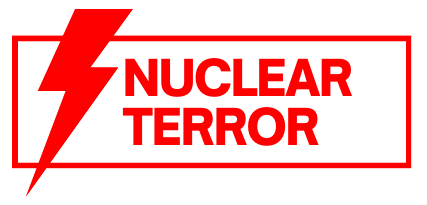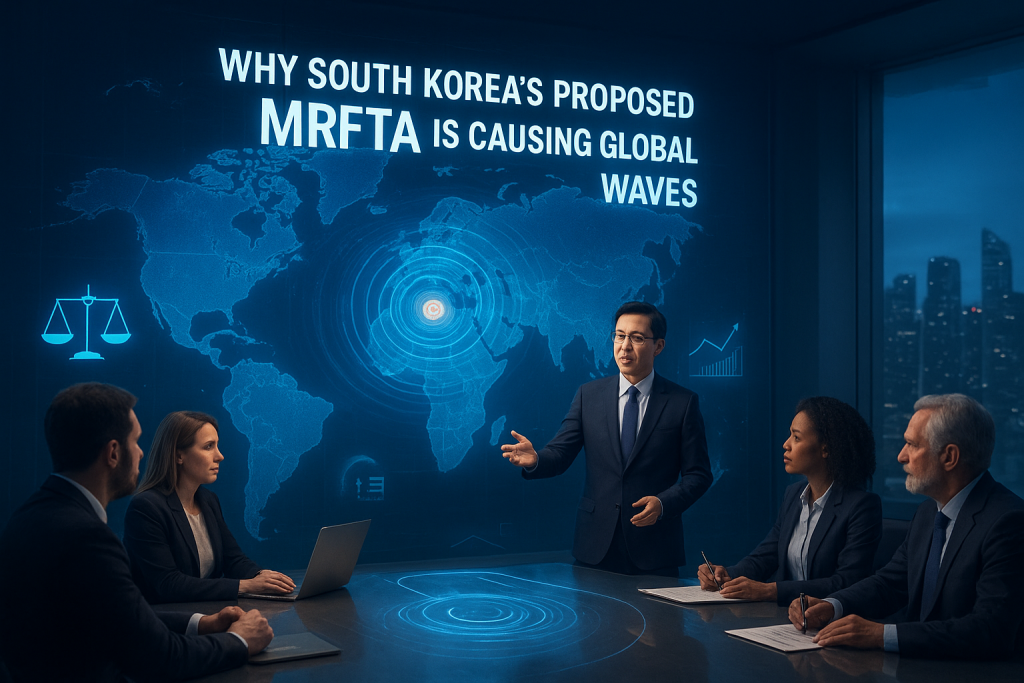MRFTA (the Monopoly Regulation and Fair Trade Act) is a name you may have heard in business news. The purpose behind these changes is to ensure that markets are fair, competitive, and consumers are not disadvantaged because of the dominance of monopolies or other dominant platforms.
However, it is undergoing amendments that will help it to control the activities of the big online platforms to ensure consumer protection and fair business practices. The changes that are proposed are not only affecting Korea, but are attracting the attention of businesses, governments, and technology companies elsewhere. Firms such as Google, Apple, and Amazon that operate in Korea are keeping a keen eye since they might be heavily regulated according to the new rules of MRFTA.
Key Changes Being Proposed
KFTC is increasing the limits to define a dominant firm in the market. The rules will be applicable in the online platforms, search engines, ad platforms, social networks, and digital content services.
Practices that are common in big platforms, including self-preferencing (sale of own products on a platform), tying (promoting services), or limiting multi-homing (difficulty using multiple platforms), can be banned or more stringently regulated.
The administrative fines that can be imposed for the abuse of market dominance are going to be high.
It also involves modifications in the procedure of business mergers and acquisitions. The amendments will require companies to disclose additional information and some of the mergers that were previously not subject to scrutiny by the KFTC may now be subjected to scrutiny.
Why World Interested Parties Are Watching Closely
South Korea is regarded as one of the major tech centers in Asia. Korea has a number of international firms operating or selling products. And because of this, foreign companies fear that these changes may increase compliance costs or compel them to modify their business models. An example is that if you operate a platform that packages content or offers special search rankings, then you might need to adjust your approach.
Additionally, the amendments are based on the Digital Markets Act (DMA) of the European Union and other laws regulating platforms worldwide. Korea is being looked at as setting a precedent by many countries. If these rules are effective, then other countries may turn to them too.
Moreover, there are geopolitical risks, as some fear that close regulation may give an advantage to foreign companies (particularly U.S.-based) or send business to countries with less stringent regulation. It is debatable whether the rules will secure small businesses and consumers more or cripple innovation and growth.
Concerns and Criticisms
The upcoming changes have not received full support from all corners due to some of the issues raised. First, there is an argument that excessive regulation could slow down the rate at which platforms are able to innovate or refresh services, potentially reducing positive competition in certain fields.
Since some of the thresholds of dominance likely encompass extremely large global companies, it is argued that they can unfairly affect foreign platforms. The United States has already expressed its worry that such regulation can be perceived as protectionist or discriminatory and this could impact trade agreements.
Finally, there are ambiguous terms in the law, such as dominant platform operator, self-preferencing, or multi-homing restrictions that need to be clearly defined. These rules could create legal uncertainty without clarity.
Keep Yourself Updated
These amendments may likely affect you if you conduct business in Korea, utilize online services, or access platforms such as search engines or app stores. You may notice some change in the ranking of search results or the positioning of goods on platforms.
Since this law might continue to evolve to address the concerns of various stakeholders, you need to keep checking for new information and its application. Make use of official government websites such as the Korea Fair Trade Commission (KFTC). Their site is published with updates, regulations, and announcements. Also, keep abreast of legal news agencies and law firms that issue summaries or commentary on the MRFTA amendments (such as Kim and Chang, Lee and Ko, among others).
Alternatively, check the trusted link collection and address collection system like SERA, a portal in Korea that helps you find content across categories, collecting URLs and addresses of official documents in a single location. They can save you the hassle of falling into the clutches of phishing websites, as well as make sure that the content of documents you are reading is official. Watch out for those sites that duplicate official documents but modify the information and add false information. Never forget to verify whether or not the domain is authentic (ends with .go.kr or a known law firm).

